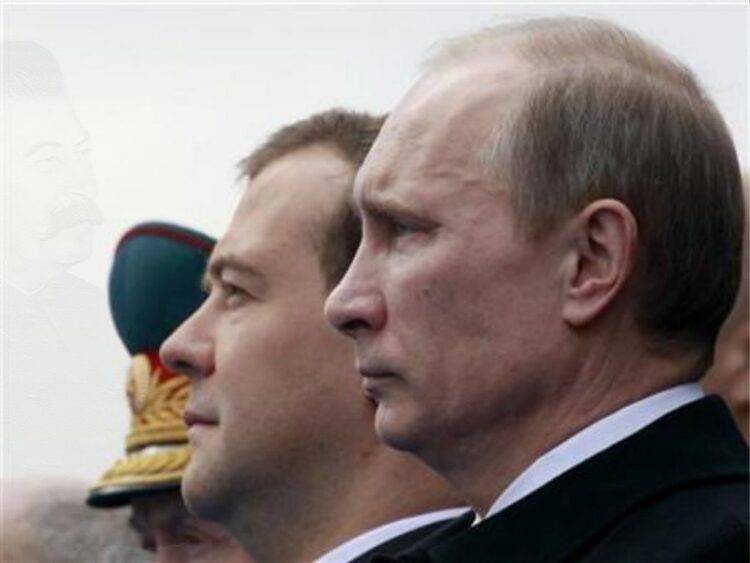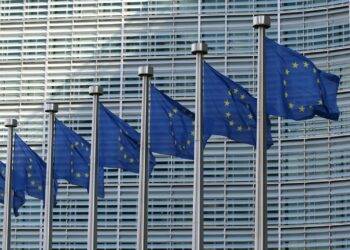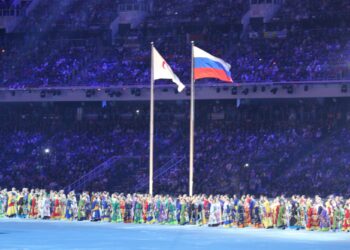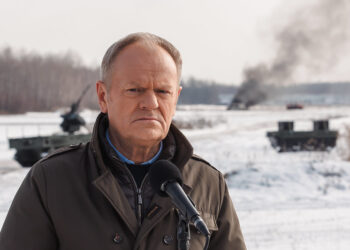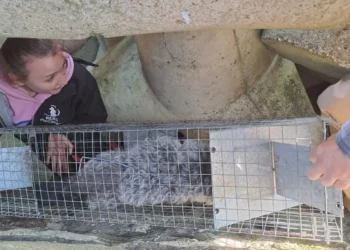In a bold declaration of his imperial ambitions, Russian President Vladimir Putin has sparked international concern by signaling potential territorial expansions aimed at reconstructing Russia’s former empire. During his inauguration for another six-year term, held at a brief Kremlin ceremony on Tuesday, Putin made statements that emphasized his vision for Russia to regain its historic status as a superpower, demanding respect from its adversaries and equal treatment among the world’s leading nations.
During the ceremony, Putin did not mince words about his intentions for Russia. “We must be strong and respected by our foes,” he declared, signaling a hardline stance towards Western opposition. The rhetoric escalated as Kremlin propagandist Vladimir Solovyov, in a television discussion, voiced a provocative sentiment regarding Finland—a nation with a complex history with Russia. Solovyov claimed, “I always felt the Finns wanted to go back to the Russian empire. I had this feeling that they are like abandoned people – constantly trying to draw attention to themselves somehow.” He further taunted, “The dream of the Russian empire is pounding hard in the heart of the Finnish fisherman. We’ll help the Finnish fisherman if he acts that crazy.”
Historical Context and Regional Tensions:
Finland’s history with Russia is marked by struggles for sovereignty and resistance against imperial control. After decades under the Russian Empire’s rule, Finland secured its independence in 1917, a move facilitated by Vladimir Lenin. However, the specter of domination re-emerged with Joseph Stalin’s invasion during the Winter War of 1939, which led to significant Finnish concessions. In response to recent Russian aggressions in Ukraine, Finland sought further security by joining NATO last year, a move that has evidently aggravated Moscow and may be influencing Putin’s current rhetoric.
Implications for International Relations:
Putin’s statements and the commentary from Kremlin-aligned media represent a stark challenge to international norms and the sovereignty of neighboring states. This stance not only raises fears of potential conflicts in regions like Kazakhstan and the Baltic States but also puts significant pressure on international diplomatic relations, particularly with NATO and EU countries. The West may need to reassess its strategy regarding Russia, balancing deterrents and diplomatic engagement to prevent an escalation that could redraw the borders of Eastern Europe.
These developments suggest a critical juncture in international affairs, where the echoes of historical empires are resonating through modern geopolitical strategies. Putin’s bold ambitions to restore Russia’s imperial past could redefine the global strategic landscape, challenging the international community to navigate a path that avoids confrontation while affirming the sovereignty and independence of nations in Russia’s shadow.

